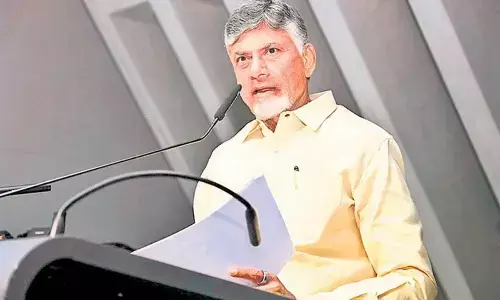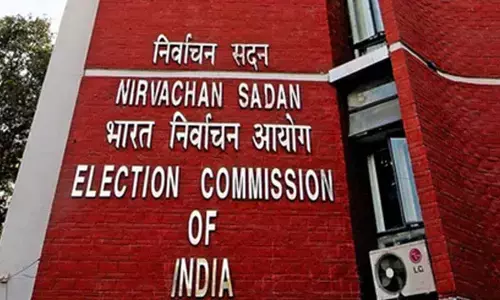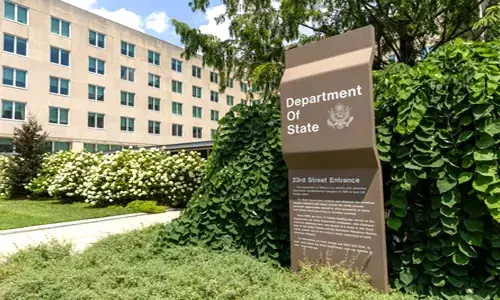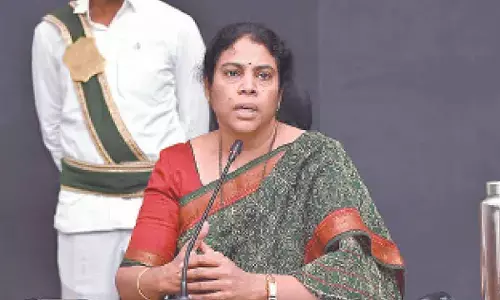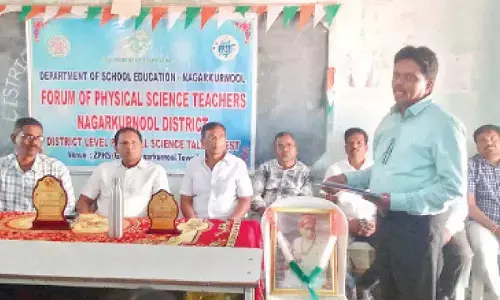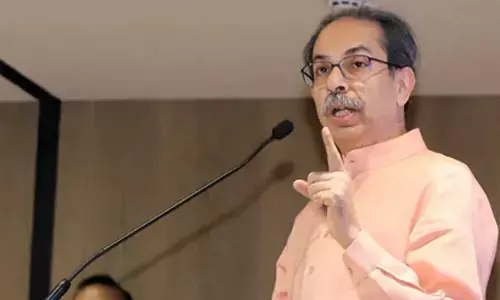A placid Budget for the issues at hand
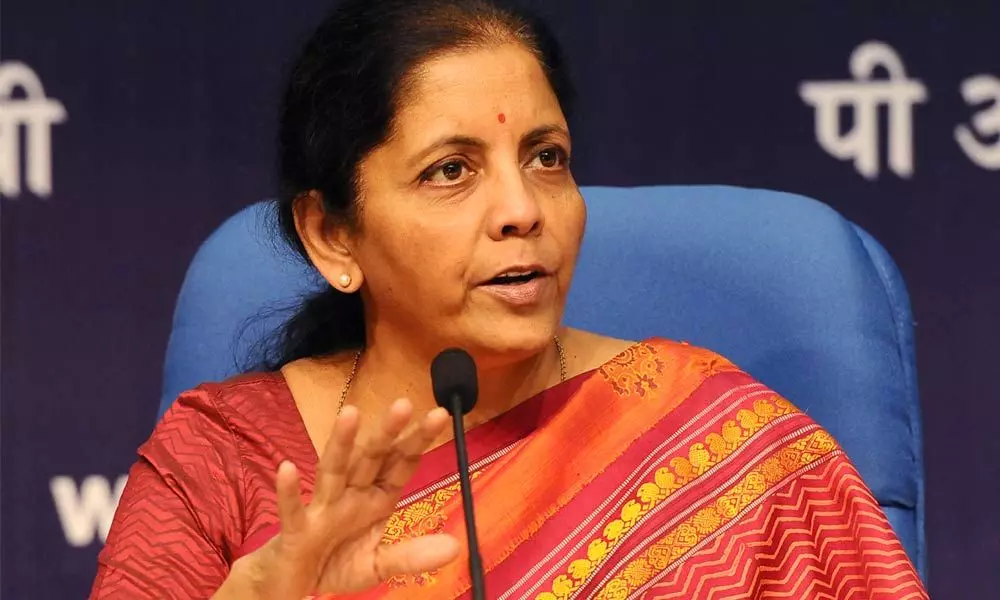
Finance Minister Nirmala Sitharaman
The Budget has a number of plus points. Investment in infrastructure such as in urban metro rails has been increased
The Budget has a number of plus points. Investment in infrastructure such as in urban metro rails has been increased. A target of strategic disinvestment of public sector undertakings such as Air India, Shipping Corporation, IDBI Bank, Bharat Earth Movers Limited and even two Public Sector Banks has been set to garner a huge amount of Rs 1.75 crore in the coming year. Private companies are to be encouraged to set up electricity distribution companies so as to save the consumers from the inefficiency and corruption of the State Electricity Boards and to give the consumers a choice of suppliers. These are all good.
However, the fundamental problem of providing employment has been given a miss. Employment is needed not only for its own sake, that is, in order to implement the "right to work," but also to create demand in the economy. The earnings made by a youth puts money and purchasing power in her hands. That leads to the generation of demand in the market and, in turn, encourages the businesses to invest. The budget has missed taking steps towards meeting this fundamental requirement.
The country is on the boil on the farmer's issue. The Finance Minister has rightly drawn attention to the fact that the purchases under the Minimum Support Price Programme have increased 1.5 times between 2013-4 and 2019-20. However, the Capital Gains Index increased from 220 to 289—or 31 per cent—in this same period according to the figures published by the Finance Ministry.
Thus, the "true" increase in the purchase price was a meagre 19 per cent in six years. Even this does not translate into a 19 per cent increase in incomes of the farmer because the costs of inputs such as diesel, labour and seeds have also gone up. Let us assume the increase in the incomes of the farmer was 10 per cent. This is pittance compared to the avowed objective of the Finance Minister to have doubled the farmer's incomes by 2020.
There was a need to implement strong steps to secure the doubling of farmer's incomes. That will be difficult to obtain by enhancing the MSP because the production of the supported crop increases disproportionately leading to over production. The Finance Minister then has to spend further money in storage and the disposal of the surplus stocks at low prices.
The Finance Minister should have taken steps to diversify our agriculture towards high-value crops. Large-scale cultivation of crops like mangoes, flowers, walnuts and bananas for export should have been encouraged. Our research establishment has utterly failed to develop the strains for the international market and the system has shown no interest in developing the infrastructure such as cold chains for exports.
The Finance Minister should have given contracts to NGOs and corporate houses for undertaking research and extension, developing the cold chains and then exporting the produce. The contractor, for example, should be given the responsibility to bring the desired strains of cocoons, spread it among the farmers, get silk produced and export it from Mandya in Karnataka. That would have led to higher incomes for the farmers. The Finance Minister has missed the bus.
The Finance Minister has allocated Rs 35,000 crores for research on vaccines. These are in the right direction. However, we have not overcome the Covid pandemic on the strength of the vaccine. We have succeeded on the strength of our lifestyle, that is, consumption of turmeric, ginger, giloi and other immune-boosting spices and by the practice of yoga and the like.
Therefore, the need was to undertake research on the immune-boosting properties of these spices and other lifestyles and then globalise that knowledge. Further, a number of researchers have suggested that the low prevalence of Covid infection in India could be due to the poor cleanliness and health conditions under which our people live. Our bodies are more used to living with bacteria and viruses. It may be that large numbers of our people are dying from diseases developed due to poor quality of drinking water and sanitation.
Those same numbers are now dying in the Western countries due to the Pandemic. That said, our people deserve clean drinking water and good quality sanitation. Therefore, the outlay of Rs 2,87,000 crores made for providing clean drinking water and improving sanitation in the next five years is welcome. But this may lead to reduction in our immunity hence parallel steps to increase immunity were needed.
The third area is that of education. Large number of our youth are entering and will enter the job market in the coming decade. The numbers of jobs in agriculture and manufacturing are declining due to the use of machines like harvesters in agriculture and the use of robots in manufacturing. A number of studies show that the total employment in the organized manufacturing sector has been declining. The informal sector too has been blown away by the triple whammy of demonetization, GST and lockdown. There is no hope for these millions. These youth will take to crime and other destructive activities in absence of productive employment as the saying goes, "an empty mind is a devil's workshop." It also will not be possible to absorb these large numbers in agriculture because the share of agriculture in the GDP is seen to decline as a country develops.
In the developed countries the share of agriculture is today less than one percent. The only path towards providing productive employment to our millions was to develop our services sectors—translations, music, movies, online education, online medical advice, and the like. The Finance Minister, therefore, has moved in the right direction in establishing institutes of translation to make available the Government documents in the regional languages.
But there was a need to go much further. It was necessary to establish institutes in every district, for example, to train the youth in undertaking translations in foreign languages, making music, movies and computer apps, and in running portals for providing online tutorials and medical advice. The Budget has failed to take any steps in this direction.
This is an ordinary budget. The increased investment in infrastructure and the resolve to jump-start the process of privatisation including of the Public Sector Banks are most welcome. However, they fail to address the pressing problems of employment. I expect social tensions to increase as we are seeing in the ongoing farmer's agitation because of the underlying increase in unemployment.


